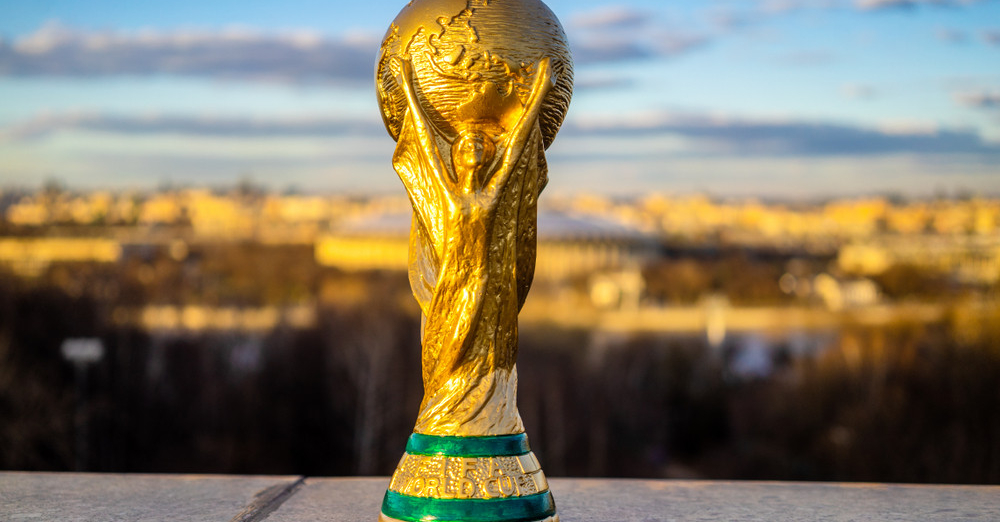A history of the Football World Cup

Apart from the Olympic Games, there really aren’t many more international sporting competitions that attract as much global attention as the FIFA World Cup. Every four years nations from across the world come together to will their teams on, and each time it is a beautiful example of how emotional and special the sport of football can be.
Over at Winzum we’re big fans of the football, as many people are these days, but one thing we realised that is lacking in our knowledge is the history of the greatest football spectacle on Earth.
You might have enjoyed our previous explorations into the histories of various things like the Olympics [a wonderful history of the Olympics], so we thought we’d give you lovely lot a rundown of football world cup history too…
Foundations of the FIFA World Cup at the Olympics
International football was still in its infancy at the beginning of the 20th century, however it was approved by the International Olympic Committee as being a recognised sport for the 1900 and 1904 Games, and this is where the foundations of the FIFA World Cup lie.
The inclusion of football at the Olympic Games continued, with Uruguay becoming reigning champions in 1924 and 1928 respectively. In the 1932 LA Games, however, football was struck off the schedule due to the lack of popularity in the US, and this is what spurred the FIFA president Jules Rimet to orchestrate FIFA World Cup tournaments as we know them today.
The first official FIFA World Cup
Official FIFA World Cup history starts in 1930, where the tournament was staged in Uruguay due to their dominance in the earlier Olympic football competitions. 13 different countries took part in the inaugural FIFA World Cup, where Uruguay ran out as the victors, beating Argentina 4-2 in the final.
Due to the fact that the first FIFA World Cup was staged in Uruguay Jules Rimet had trouble convincing many European nations from entering. However this all changed with the next tournament, as Italy staged the 1934 edition.
1966 FIFA World Cup
Due to the chaos that ensued during WWII the next FIFA World Cup wasn’t played until 1950, the first tournament that the English team decided to play in. England is often referred to as the birthplace of football, and the country finally got its chance to host (as we’re sure you all know) in 1966.
This was a landmark moment in football World Cup history, mainly because it was the first tournament to truly embrace marketing, with mascots and an official logo being made for the first time. The tournament almost descended into tragedy when the famous Jules Rimet trophy was stolen in the run up, however it was promptly recovered after being found by a dog called Pickles. And, of course, England ended up victors, with Geoff Hurst famously scoring the only hat-trick in a FIFA World Cup final to date.
FIFA World Cups in the 21st century and beyond
As the years have drew on FIFA World Cups just get more and more popular, with the 21st century world of football increasingly turning into a corporate jungle. The tournaments remain outrageously exciting, nonetheless, and they are commonly referred to as the largest sporting events in the world other than the Olympics.
The next FIFA World Cup is Qatar 2022, a competition that is already mired in controversy due to the fact that Qatar are not historically a football playing nation, and have had to build the entire tournament infrastructure from scratch. Not to mention the searing summer heat that has led to FIFA officials making it the first ever World Cup to be played in the winter.